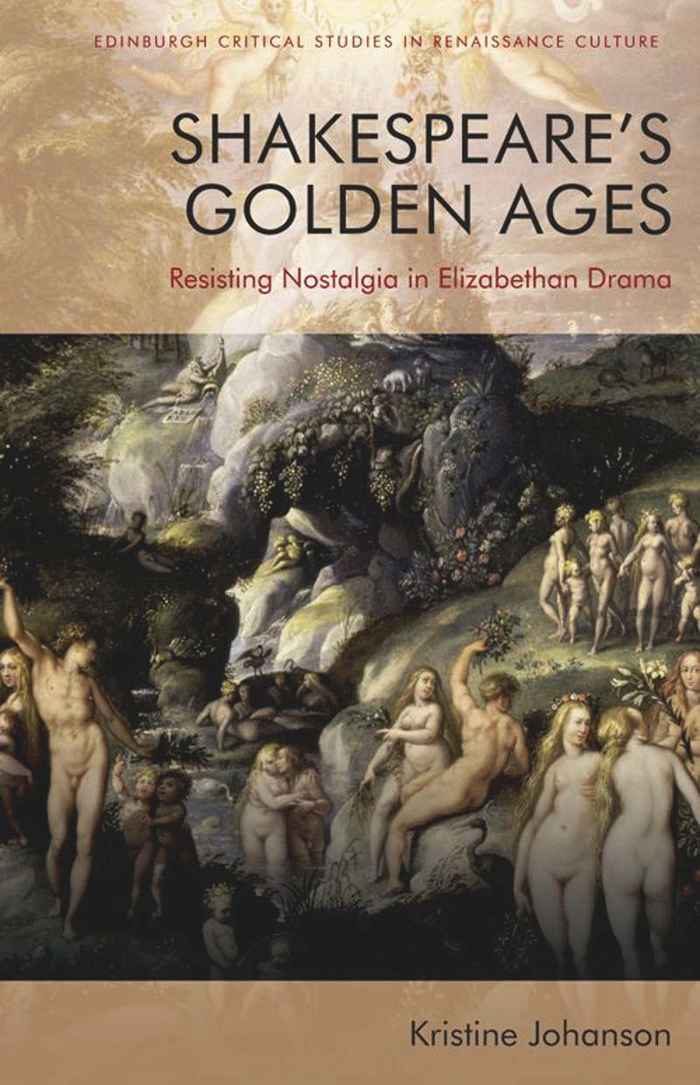New book by Kristine Johanson - Shakespeare’s Golden Ages: Resisting Nostalgia in Elizabethan Drama
7 February 2023

Case studies including Richard II and Julius Caesar demonstrate how Shakespeare creates a dramatic argument for nostalgia’s power and possibility, even as he represents the fruitlessness of trying to reclaim the past and the fiction of that past's ideal nature. In his dramaturgy, nostalgia functions as a persuasive call for (short-lived) political change. The book provides new interpretations of Shakespeare’s contemporaries to illustrate how his use of nostalgia depends on, innovates from and influences his fellow playwrights. By reading literary, religious and political texts alongside Shakespeare's histories, this book attends additionally to the extra-dramatic valences nostalgic rhetoric obtains in Elizabethan England.